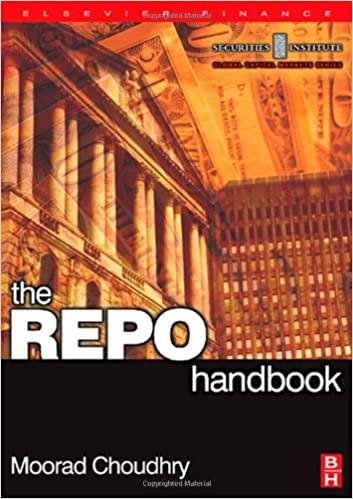





6. Agency conflicts between managers and shareholders Consider the following scenario and determine whether an agency conflict exists: Alexander and Akiko equally own and manage A New Beginning (ANB), a store that sells preowned clothing and furniture. Alexander is responsible for ANB's back-office activities, and Akiko staffs the store and makes deliveries to customers. Both have equal decision- making authority and, under the terms of their partnership agreement, both are prohibited from making personal purchases using company funds without prior approval of the other partner. Alexander, without Akiko's knowledge, used the company's bank account recently to purchase a new sports car. Alexander has acknowledged that the car will not be used to support the business. Is this a potential agency conflict between Alexander and Akiko? Yes; Alexander is misappropriating some of Akiko's wealth by unilaterally purchasing a nonbusiness asset using ANB's funds. O No; Alexander and Akiko are both authorized to spend ANB's money, so no conflict of interest can occur. O No; Alexander and Akiko co-own and co-manage ANB and have a partnership agreement that makes them equal, so an agency conflict cannot exist. Yes; it should have been Akiko who purchased the car. Consider the following scenario and determine whether an agency conflict exists: Five years ago, Tae created a plant-care business that grew, stocked, and maintained fresh plants in office buildings throughout Houston. Over time, The Green Zone Inc. (TGZ) has grown from a proprietorship into a corporation, now reaching far beyond Houston. To finance and support this growth, TGZ issued shares that were sold to TGZ employees, Tae's family members, and selected outsiders. Tae is TGZ's chairman of the board of directors and CEO, but he is no longer the largest shareholder. At the latest annual meeting, two mutually exclusive proposals were placed on the ballot for discussion and vote. The first was put forth by Tae and TGZ's management team, and the second was proposed by a small group of other shareholders. Both groups are adamantly opposed to the other group's proposal, even though both proposals would likely have the same effect on TGZ's value and riskiness. Does an agency conflict exist between TGZ's management and the small group of opposing shareholders? O Yes; any conflict or disagreement between the firm's managers and its shareholders constitutes an agency conflict. O No; although an agency relationship exists between TGZ's management-including Tae as TGZ's chairman and CEO and the firm's shareholders-there is no agency conflict, because no expropriation or wasting of the shareholders' wealth has occurred. O Yes; an agency relationship exists, and an agency relationship always gives rise to agency conflicts, regardless of the actual behavior of the participants. O No; Tae was the original owner of TGz, so he would always be sensitive to the concerns of the firm's current owners (shareholders) and would not engage in an agency conflict. For the past 40 years, companies have attempted to attract, retain, and encourage managers by developing attractive compensation packages. These compensation packages have also been intended to reduce potential agency conflicts between these managers and the firm's shareholders. In the best interest of shareholders, compensation packages should be structured in a way such that managers have an incentive to maximize the value of the company's common stock price. In addition to well-designed executive compensation packages, two other motivational forces can align the interests of managers with those of their shareholders. Which of the following actions could be used to reduce the potential for these agency conflicts and ensure that the firm's managers will pursue the long-term wealth interests of their shareholders? In the best interest o va short-term well-d. Which long-term pursue cneTong-term Let the manager know that a takeover is possible if he or she doesn't perform well. O Let the manager know that he or she will be fired if the company's stock does not reach a certain target by the end of the year. In the late 1980s and early 1990s, Congress passed legislation making it more difficult for outside investors to stage hostile takeovers. This legislation v conflicts between managers and stockholders. likely Let the manager manager reduced increased the and early zely confl












